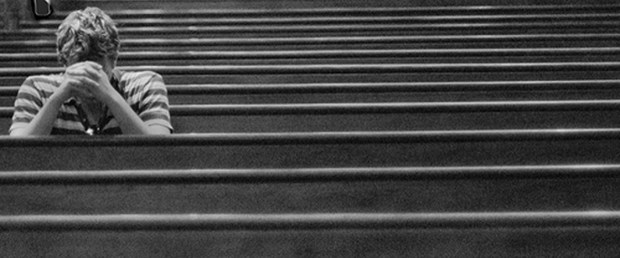I had a question from someone I know mostly via the blog and Facebook, and asked permission to share it. Here is their question, followed by my answer. How would you respond to them?
I wonder if I could pick your brain a bit? Perhaps you might have a helpful perspective. My daughter is 9. She is deeply analytical, but also very comfortable with her emotions. She has struggled for a number of years with believing in God, ie, she wants some proof. Today, she tearfully confessed that she is afraid that she will grow up to be someone who doesn’t believe in God. She isn’t afraid of God’s wrath, she isn’t afraid of consequences, but she really admires many people of faith and wants to be like the amazing people she finds at church and in the stories she hears. However, she was crying when she told me that she really wants to believe in God, but really doesn’t. She has had only positive experiences with church, loves church people, doesn’t judge or have low opinions of those of other/no faith, and tries to follow the teaching of Jesus. She is just so crushed that she hasn’t “experienced God” in any meaningful way (at least that she can take as significant to this issue). As a parent, how am I to handle this? So far, I have just assured her that even if she doesn’t believe in God, God believes in her, and no matter what, God and her parents will love, accept, forgive, and care about her. Any other thoughts? Thank you in advance.
MY RESPONSE:
I’m happy to let my brain be picked, but also hesitant to make any very concrete or specific suggestions simply because I am aware that what may be helpful for one person may not be for another, and what may be helpful at one stage in a person’s life may not be helpful at another. Your nine-year-old sounds like she is thinking about things at a level of detail and maturity not typical of people her age. But having one child who was only 9 once, I have very little basis for that statement.
Personally, I think that it is important to emphasize that doubt is not the opposite of faith. If God is the supreme being, then asking what God is like, and being willing to scrutinize and reject some of the problematic answers being offered, is far from exemplifying a lack of faith. Indeed, it is showing that you genuinely treat God as supremely important.
In the same vein, recognizing that there are a range of possibilities beyond two very simple ones of “I believe in God” vs. “I don’t believe in God.” There are people who believe that there is a God who made everything but doesn’t intervene, and those who believe that, if God is omnipresent, the reality we perceive cannot ultimately be separate from God. And so there is the possibility that God is real but we might not have direct experience of God, and there is the possibility that everything we perceive is putting us in contact with God, and the real question is not whether God exists but what God’s nature is. And I think the most important thing to emphasize is that, if your daughter at nine years old had a sense that this question was nicely wrapped up, she could be certain that what she had grasped was not an infinite God. Being uncertain, far from being a sin, is a humble recognition of our human limitations.
I ended by emphasizing once again that I do not have a one-size-fits-all answer to such a question, and asking permission to share the question here. What do blog readers have to say?













